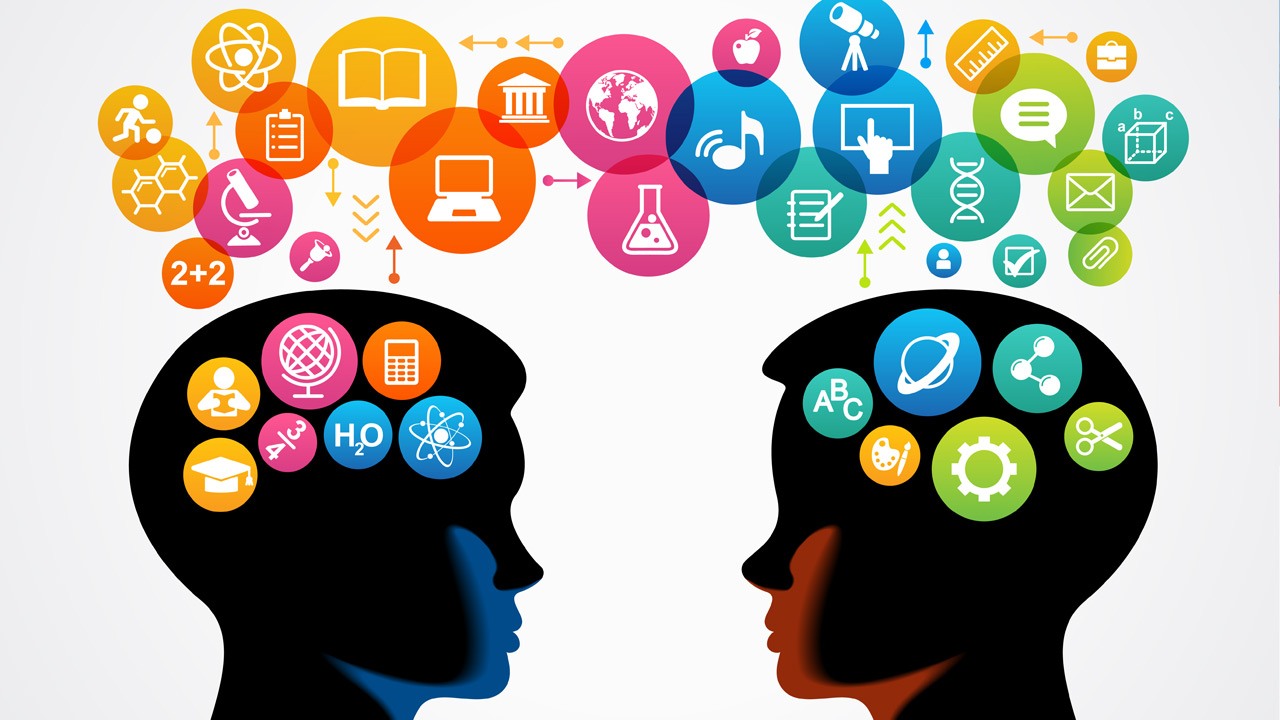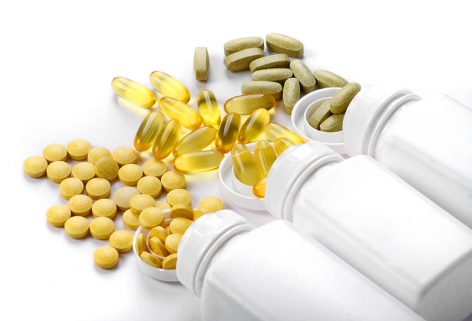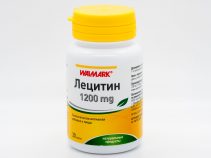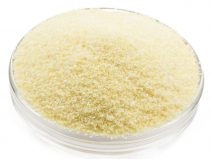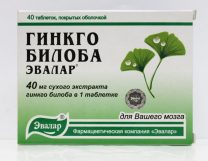The body structure of all people is the same, which cannot be said about mental abilities. One person literally grasps everything on the fly, and is able to store a huge amount of information in his memory, while the other does not succeed. The reason is the brain, or rather, its cognitive functions. Consider what it is, under the influence of what factors violations occur and in what they are expressed.
Material Content:
What are cognitive functions, and what applies to them
In literal translation from Latin cognitio - "knowledge." A cognitive called higher brain functions that allow a person to perceive, process and store the information received. Thanks to this, people are able to interact with the environment and society.
These functions include:
- Visual perception. With this function, a person distinguishes and recognizes different stimuli. This is what makes it possible to realize how surrounding people and objects look, and also to understand the difference between, for example, a TV remote control and shoes.
- Attention. In simple words, this function helps a person in the implementation of brain and motor activities. Thanks to it, among external factors, such as sounds, smells and images, as well as internal, for example, thoughts and emotions, a person concentrates on what will be useful to him at the moment.
- Memory. This is a complex process that encodes, stores and reproduces the information received. It is closely related to the ability to concentrate, because without this it is impossible to obtain information in full.
- Executive abilities.This can also be attributed to cognitive functions, since they are responsible for the relationship between the fixation of information and its further use. Such abilities are provided by the activity of the prefrontal cortex in the brain.
- Speech. This communication system allows people to communicate with each other, and is also connected to formulate their thoughts. Various brain departments are located in the process, which are located, for the most part, in the left hemisphere.
In other words, the cognitive functions of the brain help to perceive everything that surrounds a person, to make up their mind about it and fix it in memory.
Causes of brain dysfunction
Cognitive impairment is considered a sure symptom of a disorder in the brain. They can be functional, when such a phenomenon is temporary, and organic, characterized by irreversible processes.
The first category includes violations provoked by such factors:
- overwork;
- severe or prolonged stress;
- emotional and mental overload.
Organic disorders occur against the background of various diseases, when the process of impulse transmission in the brain “gets off”.
Such a violation can be triggered by:
- diabetes mellitus;
- disorders in the metabolism and processes of homeostasis;
- hypothyroidism;
- hypertension
- impaired blood circulation in the brain;
- myocardial infarction;
- craniocerebral injuries;
- Alzheimer's or Parkinson's disease;
- Obesity
- the use of large doses of alcohol or drugs.
Disorders of cognitive functioning are classified by severity. They may be:
- Light. In this case, the deviations are insignificant, a person has problems with memory and attention, as well as fatigue.
- Moderate. About a tenth of these disorders gradually flow into Alzheimer's disease. Over time, symptoms increase, there is a deterioration in the ability to think and remember, and speech problems develop.
- Heavy. As a rule, these disorders occur in old age and are characterized by mental disorders. A sign of this condition is disorientation in space, when a person gradually turns into a child, losing basic skills.
Attention! In the latter case, patients need care and the constant intake of supportive funds. They are no longer capable of serving themselves.
How to improve mental abilities
Improving the cognitive functions of a person is facilitated by such activities as physical training and training, when he regularly acquires any new knowledge and skills. As well as the activity of the brain is affected by nutrition and adherence to daily routines. In addition, you need a good rest and communication associated with positive emotions. And there are a number of drugs that can improve cognitive performance.
Fish fat
Everyone has known about the benefits of this product since childhood, despite the popular saying that "nothing scares the world like hated fish oil." The polyunsaturated fatty acids present in it, such as docosahexaenoic and eicosapentaenoic, have a beneficial effect on the heart, blood vessels and nervous system. They also help balance pressure and prevent blood clots. In addition, these enzymes can affect the balance of triglycerides, the increased content of which entails the development of diabetes.
Taking fish oil products will be beneficial at any age. For a premature baby or young child, a positive effect is to improve visual acuity, increase cognitive abilities and normal brain development. In elderly patients, taking fish oil and other formulations containing polyunsaturated fatty acids reduces the risk of senile dementia.
Complex of vitamins of group B
The wording “B vitamins” combines a number of elements that have a positive effect on the human body. Without these enzymes, its normal functioning is impossible. As a result of taking the complexes, a number of positive effects arise, which are provided by the indicated microelements.
Learn more about this:
- memory improves by increasing the level of thiamine (B1) in the blood;
- blood pressure indicators are restored, blood coagulability is normalized due to the content of pyridoxine in vitamin complexes (B6);
- cholesterol and triglyceride balances are normalized, the production of omega-3 acids is activated, the risk of vascular diseases due to niacin is reduced (B3);
- degradation processes slow down and the severity of memory impairment due to cobalamin (B12) decreases;
- the amount of homocysteine in the blood decreases - this is a protein whose increased content entails atherosclerosis and cardiovascular diseases, as well as memory disorders, this effect is provided by folic acid (B9).
Tip. Experts recommend the use of vitamin complexes in coenzyme form. So their bioavailability and activity increase.
Lecithin and choline
Many mistakenly consider lecithin and choline to be the same substance. In fact, these are closely related enzymes that affect the state of the liver and nervous system.
Lecithin is a fatty compound that is produced by the human body. But you can get this enzyme from food, animal and vegetable. It contains liver, eggs, soy products, peanuts and wheat germ. And this component is also found in ice cream, mayonnaise sauces, chocolate and margarine.
Choline is the component of acetylcholine that is present in the brain. It is necessary for the adequate functioning of memory and muscle activity. You can get this enzyme from food by eating liver, egg yolks, soy, grape juice, cabbage and peanuts.
Lecithin and choline are part of many vitamin complexes, both group B and other multicomponent supplements.
Plant extracts
Among the products based on plant extracts that help improve brain functionality, the following stand out:
- Gotu Kola. This plant contains many compounds that help protect the heart, blood vessels, and brain matter. Drugs based on it contribute to improving the emotional state of a person, normalizing intracranial pressure, strengthening memory, attention and intellectual abilities.
- Ginkgo biloba. This plant component is used in medicine in the treatment of various diseases associated with the functions of blood vessels and the brain. Drugs based on it help to improve memory and thinking even in patients with Alzheimer's disease. And also with the help of these tools can prevent a number of disorders that affect cognitive function.
- Seaside Pine Extract or Pycnogenol. This compound is a powerful antioxidant and also prevents the adhesion of proteins. It is used to protect the brain substance, it also has beneficial effects on nerve cells and helps prevent stroke. The use of such drugs helps to normalize mental activity, increase memory and eliminate forgetfulness.
It is important to realize that it is impossible to improve innate abilities even with highly effective drugs. The described tools will only help them to fully reveal themselves, and also protect them from disorders that negatively affect cognitive function.


